SU Crush Powers NSF-funded LIGO Scientific Collaboration
Read the News Release Press Conference Photos
In 1916
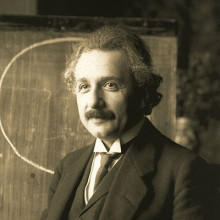 Albert Einstein predicted the existence of gravitational wave in his well-known Theory of General Relativity. Moreover, Einstein predicted that a change in gravitational field will travel through the universe at the speed of light. It is exactly these changes in the gravitational field that are gravitational waves. An overview on Gravitational Waves can be found here.
Albert Einstein predicted the existence of gravitational wave in his well-known Theory of General Relativity. Moreover, Einstein predicted that a change in gravitational field will travel through the universe at the speed of light. It is exactly these changes in the gravitational field that are gravitational waves. An overview on Gravitational Waves can be found here.
In 2016
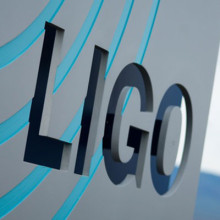 The Laser Interferometer Gravitational Wave Observatory (LIGO) installations in in Hanford Washington and Livingston Louisiana completed their first and long-awaited “observing run”. This 106-day run dubbed “O1” concluded on January 12, 2016 at 8:00 a.m. Pacific standard time. The result? Data. Lots of data.
The Laser Interferometer Gravitational Wave Observatory (LIGO) installations in in Hanford Washington and Livingston Louisiana completed their first and long-awaited “observing run”. This 106-day run dubbed “O1” concluded on January 12, 2016 at 8:00 a.m. Pacific standard time. The result? Data. Lots of data.
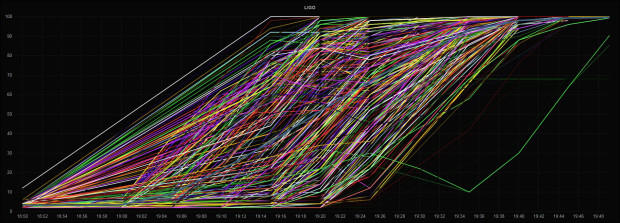
Terabytes of LIGO detector data being processed within Crush
Syracuse University Gravitational Wave Group
Meet the Researchers
Our group is a member of the LIGO Scientific Collaboration and is actively involved with the search for gravitational waves using data from the LIGO, GEO600, and Virgo gravitational-wave detectors. We also pursue research into gravitational-wave phenomenology and source modeling, in collaboration with our colleagues in numerical relativity.
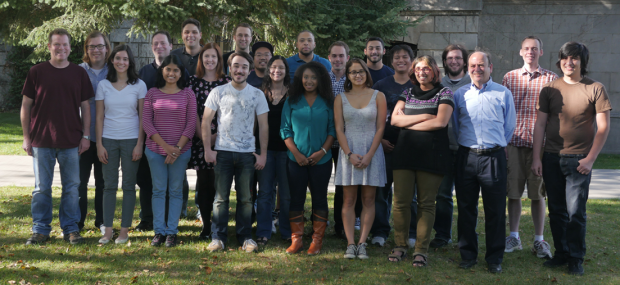
Peter Saulson
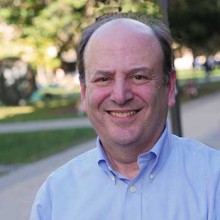 Martin A. Pomerantz ’37 Professor of Physics – College of Arts and Sciences”
Martin A. Pomerantz ’37 Professor of Physics – College of Arts and Sciences”
Research Interests
- Gravitational wave detection strategies.
- Heuristics of gravitational wave detectors.
- Thermal noise in mechanical experiments.
- Internal friction in materials.
Duncan Brown
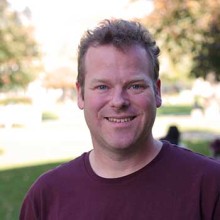 Charles Brightman Endowed Professor of Physics – College of Arts and Sciences
Charles Brightman Endowed Professor of Physics – College of Arts and Sciences
Research Interests
- Gravitational-wave astronomy and astrophysics.
- Searching for gravitational waves from compact binary coalesence in data from the LIGO and VIRGO observatories.
- Numerical relativity and its implications for gravitational wave detection.
- Third-generation gravitational-wave detectors.
- High-performance computing
Stefan Ballmer
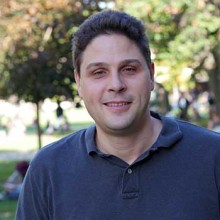 Assistant professor of physics – College of Arts and Sciences
Assistant professor of physics – College of Arts and Sciences
Research Interests
- Third-generation gravitational-wave detector technology.
- Quantum control of macroscopic objects.
- Commissioning of Advanced LIGO.
- Searching for a stochastic background of gravitational waves with Advanced LIGO.
